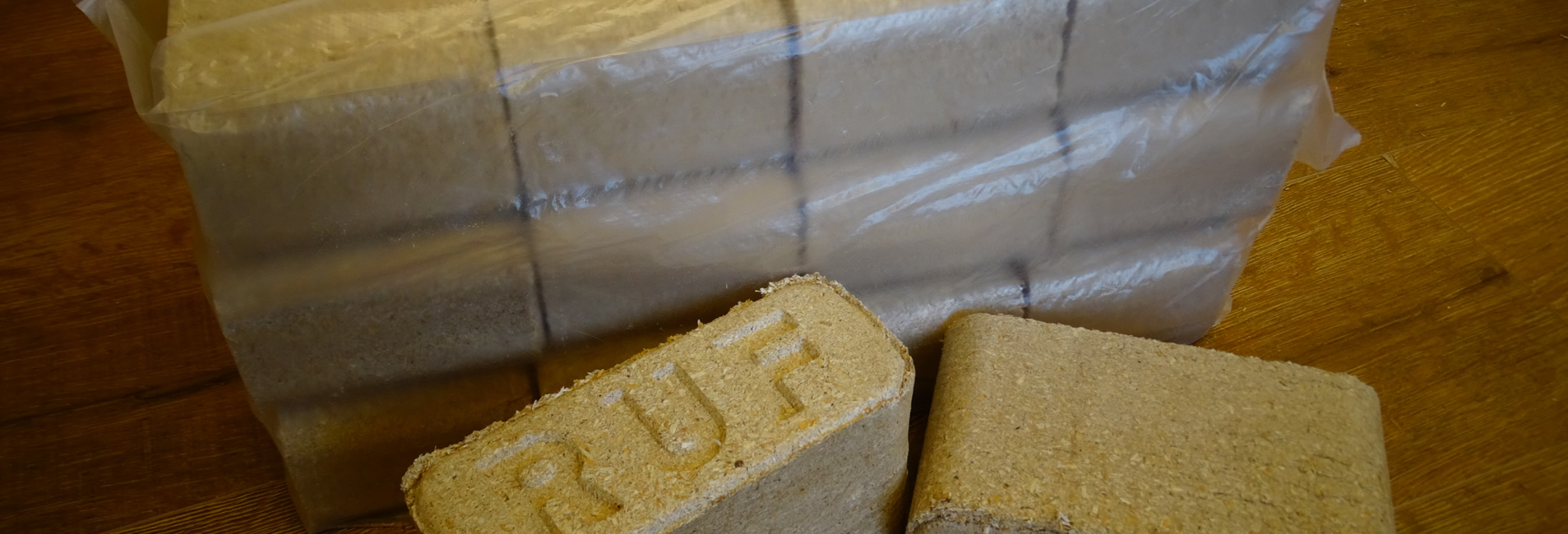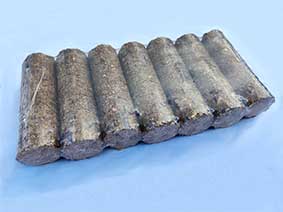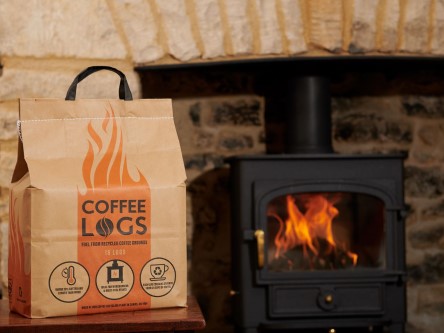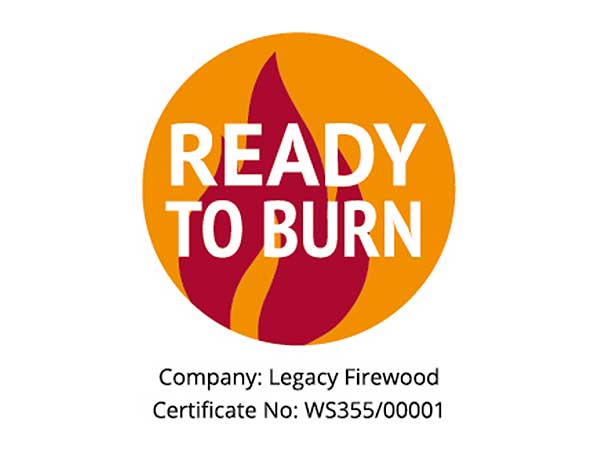Our heat logs are a great alternative to firewood logs and used alone or in combination with traditional firewood logs can provide excellent burning results and a potential cost saving. Heat logs are made from 100% small partical organic material which is usually a waste by-product of another process such as sawmills. This makes them a highly sustainable solid fuel product. The logs are formed using extreme pressure or extreme heat & pressure to produce exceptionally dry and dense, bio-fuel briquettes, or logs. There are no bonding agents used to hold heat logs together, just the natural lignin polymers in the case of sawdust logs. Our heat logs are a great alternative to firewood logs and used alone or in combination with traditional firewood logs can provide excellent burning results and a potential cost saving.
Buying Options
Mini Nestro Heat Logs – 8.3Kg Pack - 7 Pieces
Price: £12.35
Wood type: Mixed Hardwood/Softwood
Moisture Content: < 9.9%
Ash Content: <2.5%
Calorific Value: 3943 Kcal/kg
An extruded compressed heat log cylinder comprising of softwood & hardwood waste wood material. Good resistance to crumbling resulting little mess when storing. Good burning characteristics producing good long lasting embers and heat. Very little expansion on burning.
Coffee Logs - 8Kg Carry Bag - 16 pieces
Price: £8.70
Moisture Content: 8-10%
Ash Content: 1%
Calorific Value: 4892 Kcal/kg
Eco-friendly fire logs made from recycled coffee grounds. Coffee Logs burn hotter and longer than wood due to their higher calorific value and low moisture content. Each Coffee Log is made from the grounds of around 25 cups of coffee - that’s 400 cups in each bag! But there’s no need to worry about the room smelling like the local coffee hangout, as Coffee Logs are odourless when burnt. Logs show almost no expansion on burning.
Prices inclusive of VAT at 5% (Fuel Tax Rates) for domestic fuel.
Heat logs provide a very clean and compact, high calorific output fuel source. The moisture content of our heat logs is extremely low, typically below 10%. Even the best quality kiln dried firewood logs have a moisture content of 10-15%. The manufacturing process applies the same high pressure to each briquette ensuring that a consistent high density is achieved with each heat log. Essentially, with a heat log having a lower moisture content, you are getting more wood material (the fuel) per kilogram and therefore more fuel for your money, and compressed into a smaller volume.
We currently stock 2 different types of high quality heat log, both using slightly different manufacturing processes and producing slightly different burning characteristics. Both types display no or minimal expansion on burning unlike some lower quality heat log products on the market. Expansion can reduce burn time, heat output and cause potential safety problems, especially for open fire users.
It is worth remembering that with heat logs, the wood type does not necessarily make a huge difference to performance, unlike with traditional firewood logs. For example, the main difference between birch and oak with traditional firewood logs is the density of the native wood. When using these woods to manufacture heat logs, the wood material is in sawdust form and is subject to the same high pressure, therefore removing the density variable.
Each of these products work well when used alone but better results can be achieved trying different combinations, either with both types of heat logs, or mixed with traditional firewood. As with all solid fuel advice, it is a case of experimenting and finding out what works best in your appliance. Remember that a good looking flame does not always necessarily lead to the highest heat output, good red hot embers can produce the best heat but may not always offer the nice visual appeal of a dancing flame.






